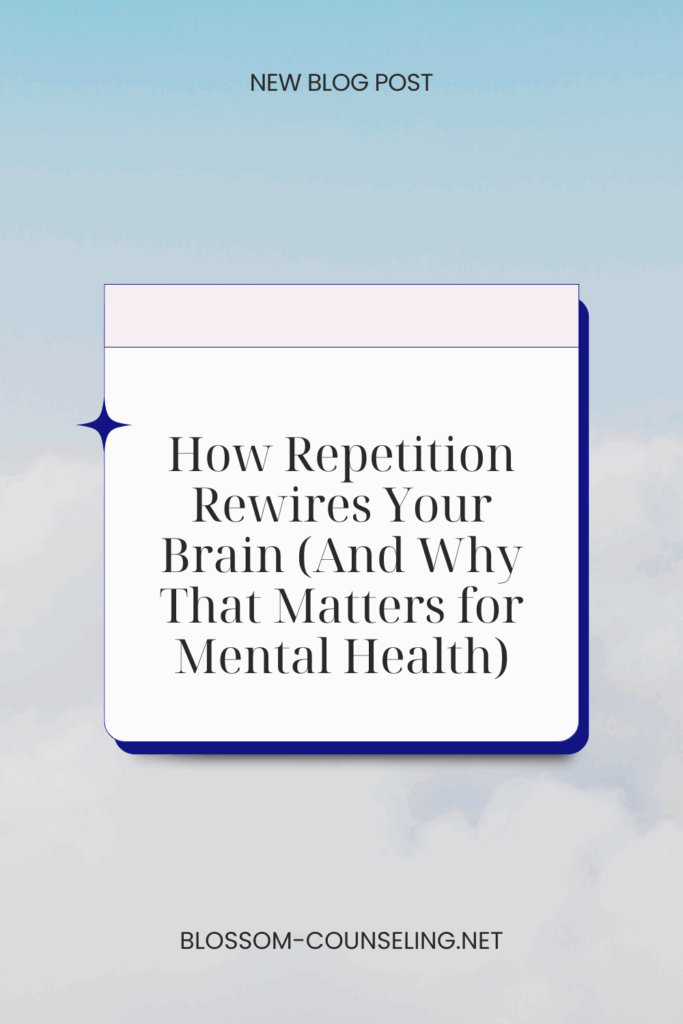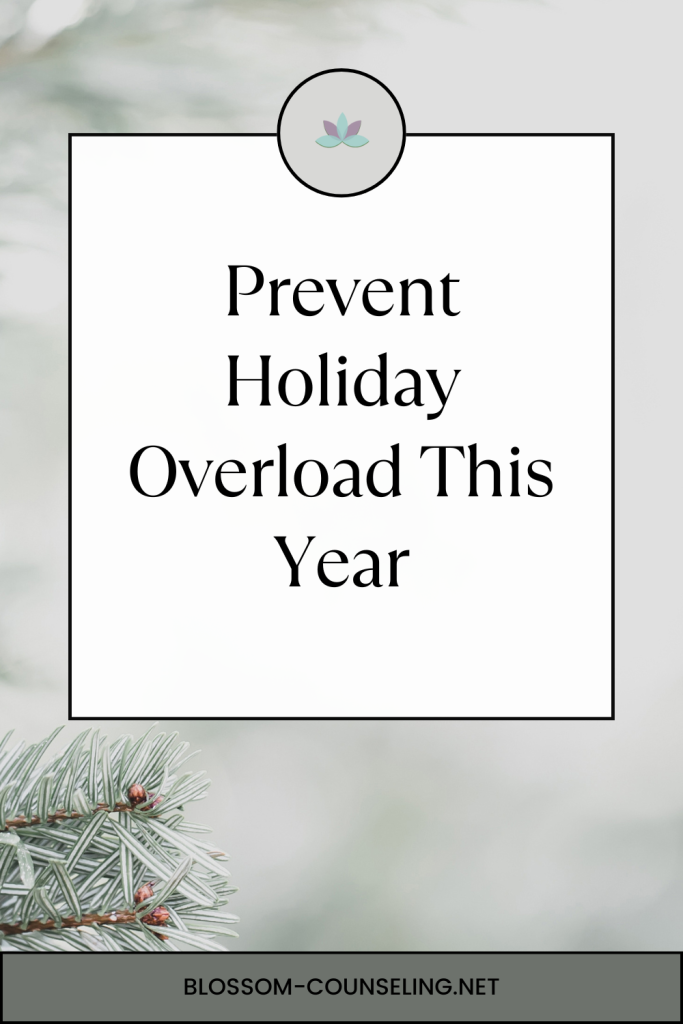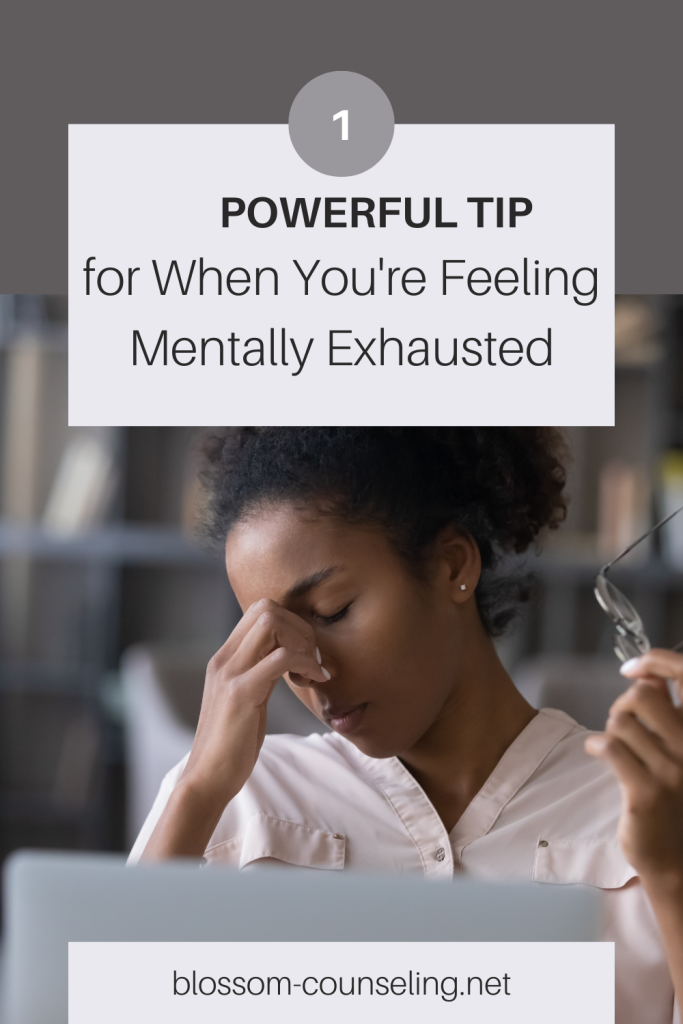 Forgiveness isn’t just a virtue but a powerful component of mental health that can lead to a happier, healthier life. It’s a dynamic process that involves letting go of resentment, anger, and thoughts of revenge. Understanding how to embrace forgiveness can liberate us from the past and foster a more enriching present.
Forgiveness isn’t just a virtue but a powerful component of mental health that can lead to a happier, healthier life. It’s a dynamic process that involves letting go of resentment, anger, and thoughts of revenge. Understanding how to embrace forgiveness can liberate us from the past and foster a more enriching present.
Why Forgive? The Mental Health Benefits
Forgiving someone who has wronged us might seem like a Herculean task. Yet, the act of forgiveness can be transformative. It isn’t about denying the pain or excusing the wrongdoer but about freeing oneself from the burden of bitterness. Let’s delve into how forgiveness tangibly influences mental health:
- Reduces Stress: Research has consistently shown that the act of forgiving can lower levels of stress. When we let go of grudges, we reduce the stress responses in our body, leading to improved cardiovascular and immune system health.
- Enhances Emotional Health: Holding onto anger and hatred can be emotionally draining. By choosing to forgive, we prevent these negative emotions from taking control, which can lead to a more joyful and emotionally balanced life.
- Improves Psychological Well-being: Forgiveness is linked to better mood, less anxiety, and a lower risk of depression. It’s like setting down a heavy load you’ve been carrying — once it’s gone, you can move more freely.
- Boosts Self-Esteem: When we forgive, we are asserting that we deserve peace and happiness. This positive affirmation helps in boosting self-esteem and overall confidence.
How to Embrace Forgiveness?
Forgiveness is a choice, and sometimes it’s a hard one. Here’s how you can start incorporating forgiveness into your life:
- Acknowledge the Hurt: You can’t forgive without acknowledging that you’ve been hurt. Accepting the reality of the harm done to you is the first step towards healing.
- Empathize with the Other Person: Try to see the situation from the other person’s perspective. This doesn’t excuse their behavior but can help you understand it better and might aid in the forgiveness process.
- Reflect on the Benefits: Remind yourself of the benefits of forgiveness mentioned above. Understanding what you gain from forgiving can motivate you to move forward.
- Decide to Forgive: Forgiveness is a decision. It’s an active choice to let go of resentment. This doesn’t happen overnight and is often a repetitive process.
- Seek Professional Help if Needed: Sometimes, the hurt runs deep, and talking to a counselor or therapist can help. They can guide you through your emotions and facilitate the process of forgiveness.
Forgiveness and Relationships
Forgiveness also plays a crucial role in relationships. It’s the oil that reduces friction and allows relationships to move smoothly forward. Without forgiveness, relationships can become a tally of wrongs, which can lead to bitterness and a breakdown in communication.
Final Thoughts
Forgiveness is a powerful tool for mental wellness. It’s not about forgetting or excusing the harm done to us but about choosing peace, joy, and compassion over resentment. By choosing to forgive, we not only improve our mental health but also our overall quality of life. Embracing forgiveness can lead to profound personal growth and richer, more fulfilling relationships.
Remember, forgiveness is a journey, often a challenging one, but it’s a path worth traveling for the peace it brings to our mental landscape. By integrating forgiveness into our lives, we open doors to new beginnings and healthier mental states.




